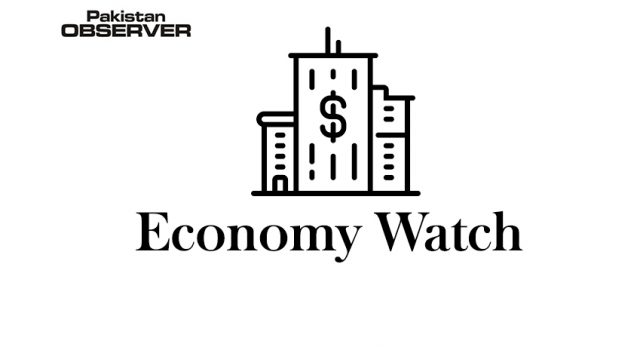Staff Reporter
Lahore
The Friends of Economic & Business Reforms (FEBR) has welcomed the State Bank of Pakistan’s measures to relax export refinancing rules to support corona-hit trade, saying the move would not yield results without ensuring complete business-friendly atmosphere in the country.
FEBR President Kashif Anwar said that the central bank has announced steps to support exporters, affected by the cancellation of exports shipment, due to COVID-19, which is a good step. But this decision alone will not work unless other measures are taken by the government including sizeable reduction in fuel prices, major cut in key policy rate, regionally competitive energy rates, quick refunds payment and relaxation in duties & taxes.
This is fact that Pakistan’s exporters are facing declining demand in overseas markets and facing problems in executing existing orders but real problem is the high cost of production, host of taxes and unfriendly attitude of government departments, especially the FBR, he added. “The government should give priority to the real estate sector, by reducing its taxes to strengthen overall economic growth in the country.
Moreover, the WHT rates at purchase, transfer and sales of real estate should also be reduced significantly, besides lowering Capital Gain taxes rates.”
He asked the government to declare that no fine, penalty and surcharges will be imposed in case of recoveries to restore the trust of businessmen.
He said that all stuck-up claims of the local as well as exporting industry should be released without any delay. He said that government should introduce the liberal import policy for raw materials for re-export like duty-free import of accessories which are not being manufactured in Pakistan.
Kashif Anwar called for ease of doing business, lowering cost of production, solution of liquidity crunch through early refunds payment, equal energy tariff and relaxed import policy for industrial raw material so that industrialization can be promoted and exports can be enhanced.
He urged the government to provide level-playing field to business community, as the huge depreciation of Rupee against dollar, record high markup rate and continued hike in power and gas tariffs have escalated the cost of production unprecedentedly, hitting not only the export sector but also the local industry.
He lamented that the cost of production has flown upward, reaching the highest level of last decade mainly due to massive cut in Rupee value versus greenback and record high interest rate, leading to slowdown in economic growth.
FEBR President suggested a considerable reduction in the key policy rate, taking it into single digit, with a view to providing the private sector access to low-cost borrowing.
He said that Pakistan’s core issue was high cost of doing business which rendered its industrial production uncompetitive, suggesting the government to work on bringing around significant improvements in ease of doing business for the local industry too.
He pointed out that Pakistan’s global ranking of doing business was not so good and it was mainly due to bureaucratic hurdles, as more than dozen departments were involved to regulate the businesses in Pakistan whose attitude is not friendly with the industry.










